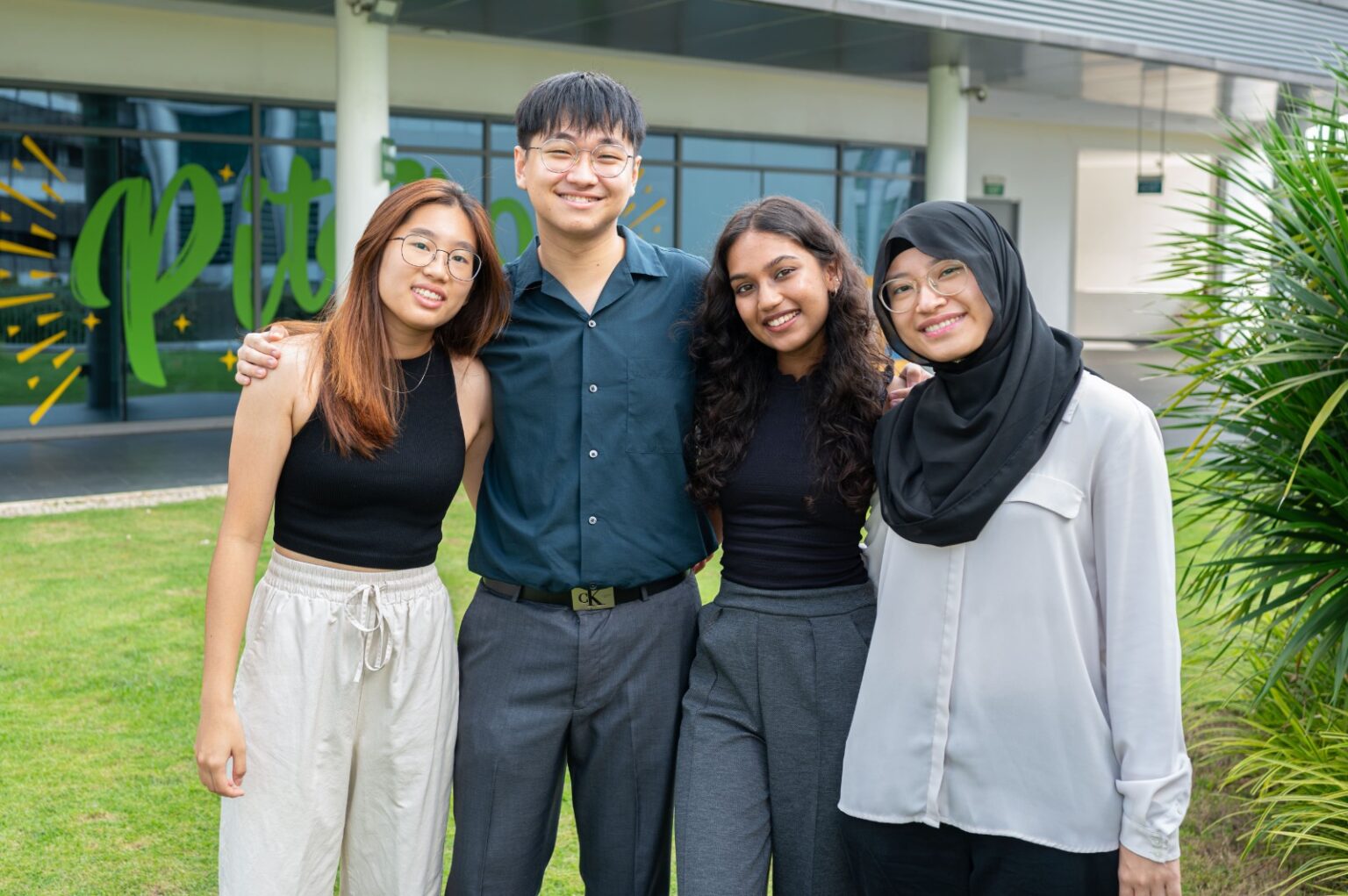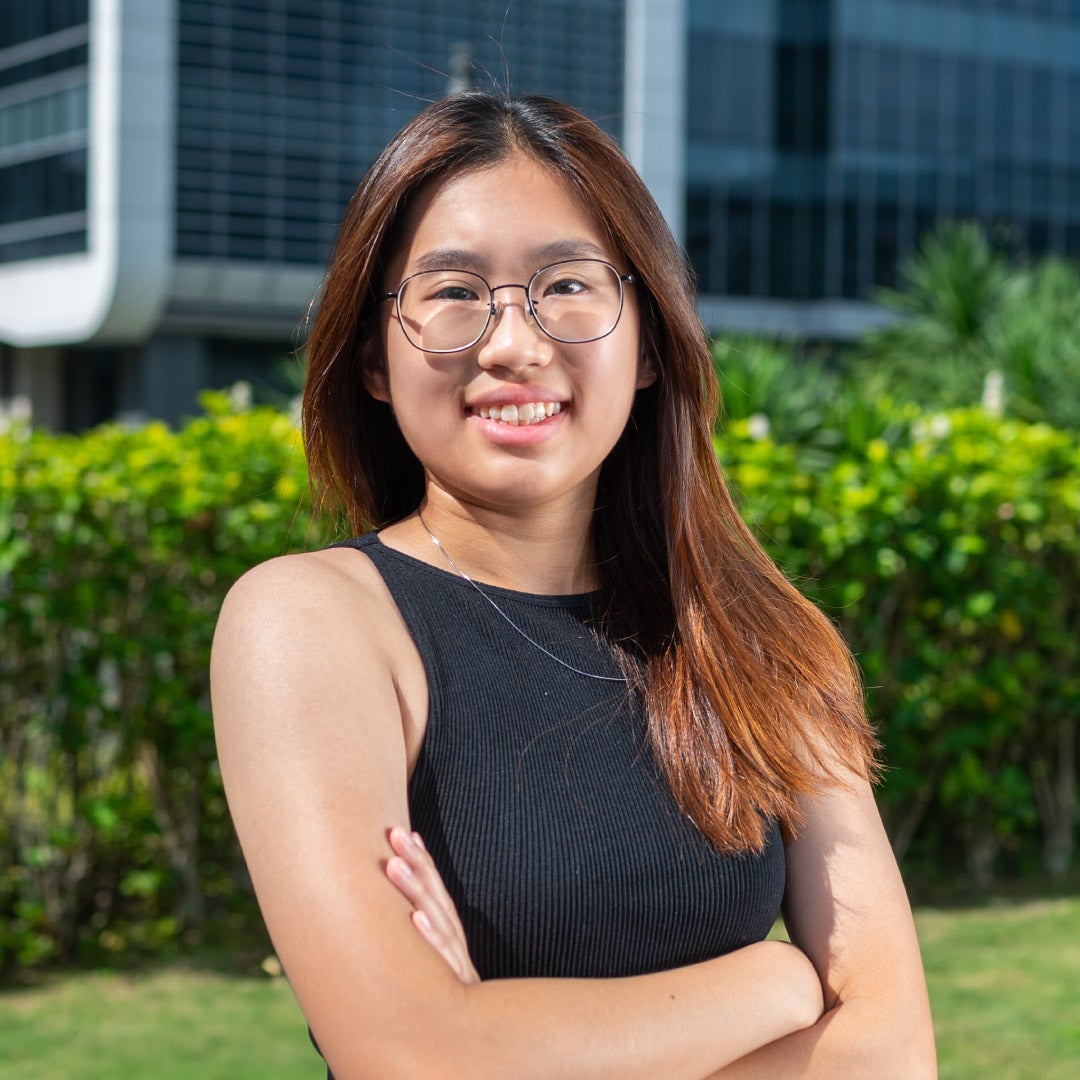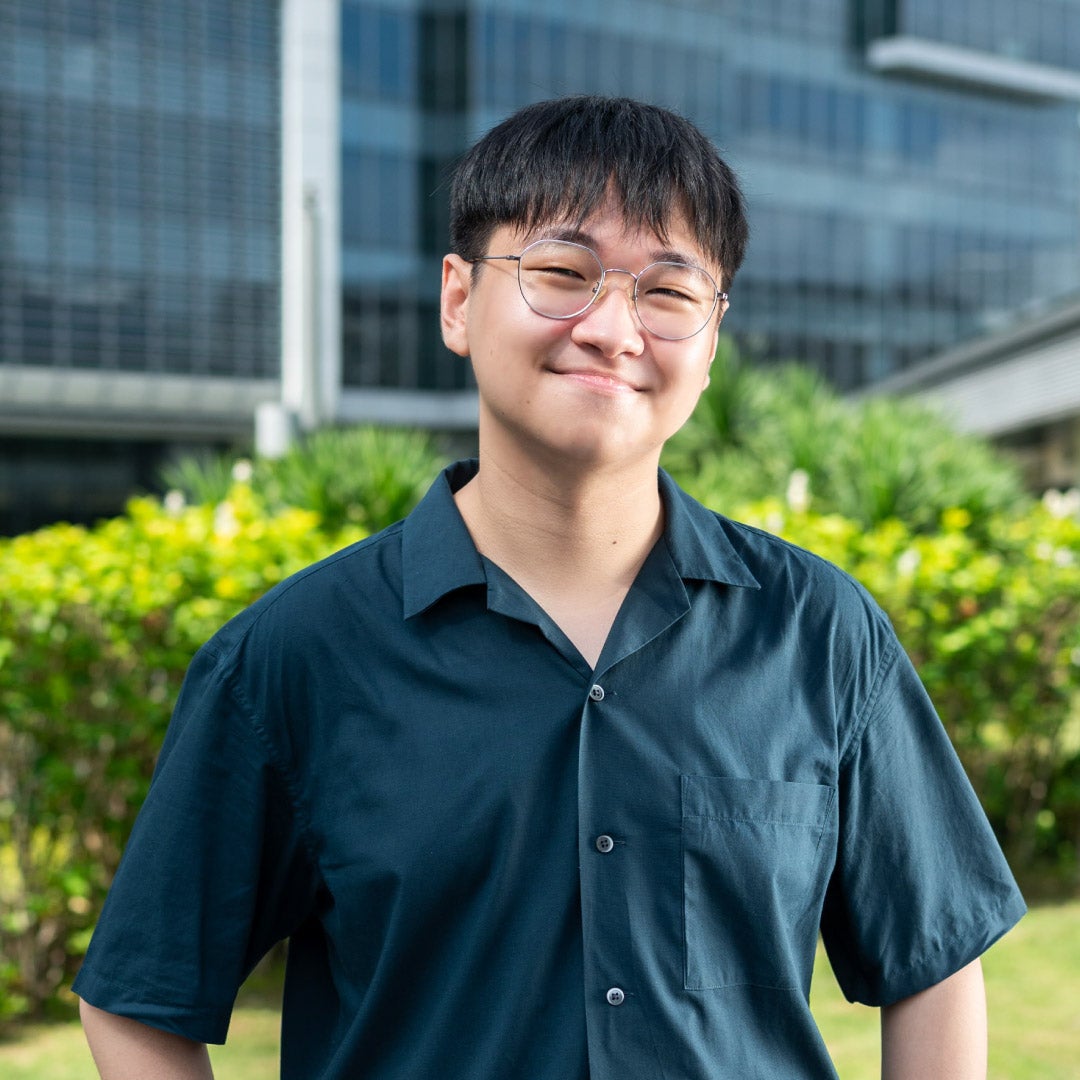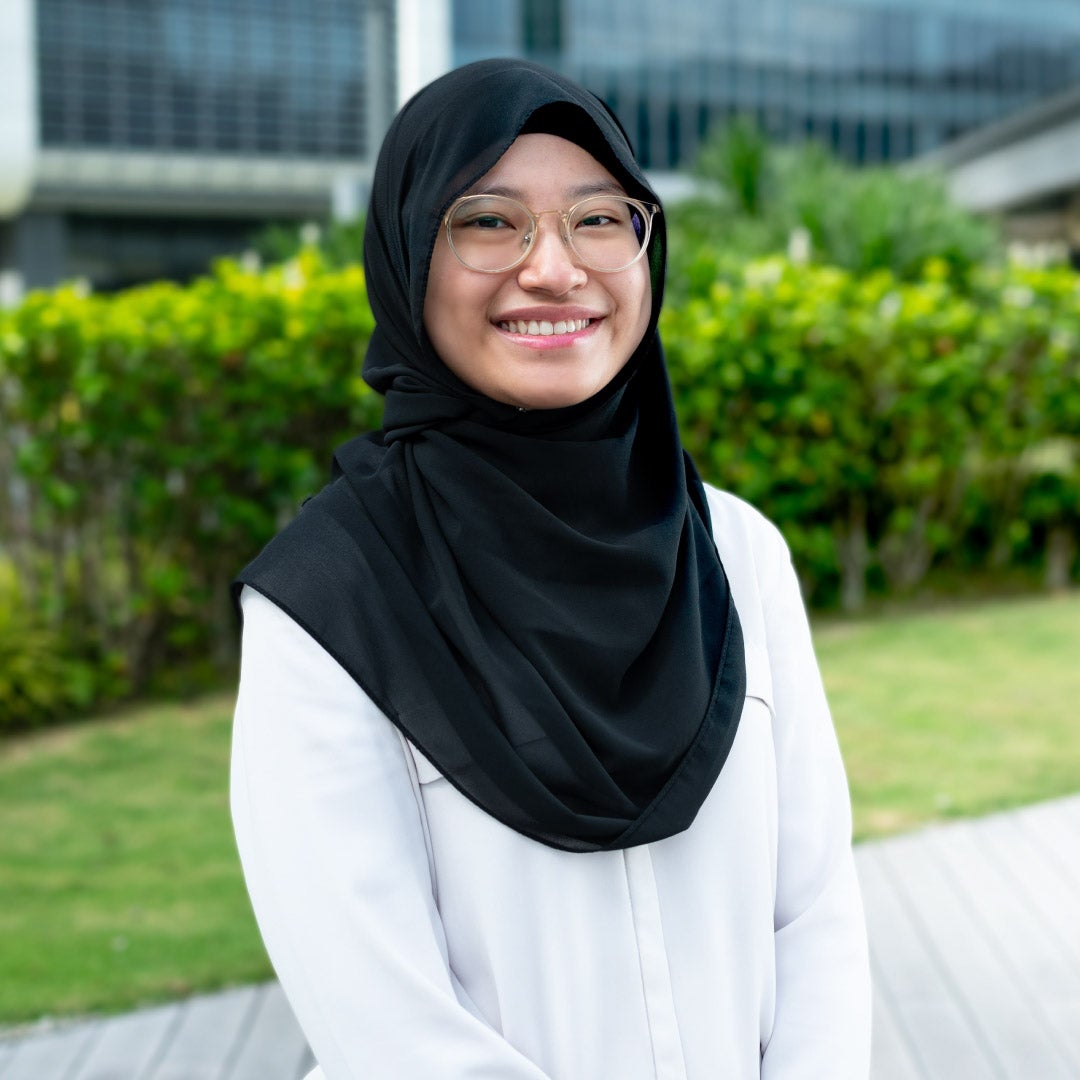Digital detox, the digital way
March 25, 2024

It’s harder than ever to step away from our devices, which are so entwined in our lives. Should we even try?
To an interdisciplinary team of four College of Humanities and Sciences (CHS) students, the answer was a resounding ‘Yes.’
The team, comprising Tavisha JAIN (Major in Economics, Minor in Data Analytics), Yasmeen TAN Bte Omar (Major in Life Sciences, Minors in Biophysics, Forensic Science and Psychology), Charmaine NEO (Major in Life Sciences) and Sky WONG (Major in Psychology), decided to tackle the issue of screen dependency head-on by participating in the CHS Case Competition 2023. And their solution, named the ‘Beta than Meta’ campaign, emerged top in the competition!

Charmaine says, “We were eager to address the problem collaboratively, which offered us the opportunity to bring together interdisciplinary solutions bridging science and arts from our different courses.”
The team proposed a three-phase annual national campaign - raising awareness of the risks and consequences of social media overuse, implementing a detox challenge in the form of an online competition, and gamifying the offering incentives to stay away from screens. The campaign’s success is premised on the Theory of Planned Behaviour, an established behavioural model with a strong scientific basis which assumes that individuals act rationally and according to their beliefs and subjective norms.

Each team brought knowledge from different academic backgrounds to the table. Sky provided insights rooted in behavioural change theories, Tavisha formulated an economically viable solution and marketing strategies, and Yasmeen and Charmaine, both from Life Sciences, led in-depth research on the detrimental impacts of social media dependency on physiological and mental wellbeing.

Yasmeen says, “This mix of perspectives enriched our problem-solving environment. Each discipline brought a unique viewpoint, contributing to a more holistic approach to tackling the problem statement. This multifaceted approach was valuable in developing solutions that address various aspects of the issue.”

Team lead Tavisha adds, “We hope that our initiative will empower youths to believe that they can regulate their social usage while experiencing the positive outcomes of a digital detox.”
The team hopes to collaborate with organisations to bring their project to a wider audience in the future. They also plan to further promote the Infocomm Media Development Authority (IMDA)’s ‘Digital For Life’ movement which seeks to encourage good digital habits as society engages in the digital domain.

